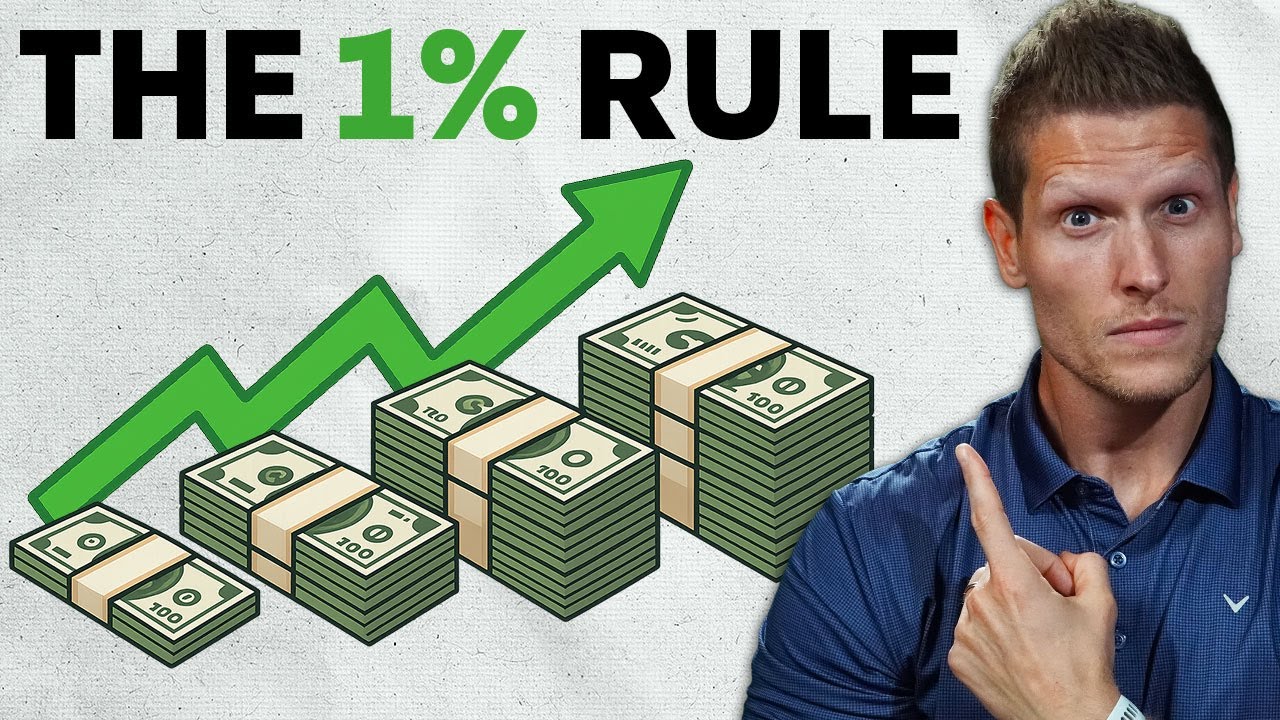We wanted to kind of uncover who they are. When you think about millionaires, specifically the millionaires with whom we work, what do they look like? What are their characteristics? What are their traits? We're going to talk first about who they are and then dive into what they do, how they behave, and some of the things they did that got them to where they are. So without further ado, let's dive right in, Brian. We're going to start with this first one, which is an easy one to start with: What is their marital status? At least from the survey of folks that we looked at, where do they sit from a relational standpoint in terms of long-term intimate relationships?
Yeah, and I mean, way above the U.S average because only 50 percent of the public is married, according to some of the research Daniel pulled up for us. Yet, out of our client base, 85 percent are married. Now, I think what's really interesting is when you think about marriage in the sense of having dual incomes and shared expenses, it sounds great, and it can make building wealth easier. However, one of the most devastating things that can happen to your financial life is going through a divorce. We've done research that shows, on average, 77 percent of wealth is lost through a divorce, and it usually starts four years before the divorce is finalized. So, when it comes to choosing a partner and getting married, make sure you make that lifelong decision wisely because it can have significant financial implications in the long term.
Many of you watching this on YouTube are probably also seeing the other column with eight percent, which represents divorce, being widowed, or having a partner.
Moving on, we asked about the age of our millionaires. We know that, on average, most millionaires don't reach that status early on; it's something that tends to happen later in life. Is that true among our population?
We've heard the stat for years because I think Ramsey Solutions has the largest scientifically gathered audience. They found that the average age at which people cross into seven figures is 49. Interestingly, our largest age group is 45 to 54 year-olds, accounting for 35 percent. However, we do have a significant number of financial mutants in our audience who are breaking the mold by
achieving millionaire status at a younger age. Twenty-five percent fall in the 35 to 44 age range, and seven percent are under 35 years old. This should be telling for all of us who are young and aspiring. The stuff we see on TikTok and Instagram is not reality. Even among our population, the majority of millionaires had to work at it for a while. It's not something that comes early or easily. It takes time to move in that direction. So, don't let the world around you tell you a different story.
Now, let's talk about income. A lot of people are curious about this. Financial mutants are different from the typical population. We've shown through our content that you don't have to be a big earner to become wealthy. We've consistently shown that even with an income less than fifty thousand dollars a year, if you start early enough, you can still reach seven-figure status. However, looking at the data, only 12 percent of our millionaires have incomes under a hundred thousand dollars, which shows that it is easier to build wealth with a higher income. Eighteen percent fall in the hundred to two hundred thousand range, and our largest group, accounting for 47 percent, falls in the two hundred to five hundred thousand range. It's not a requirement to have a high income, but it does make it a little bit easier. However, don't let that discourage you. The most important part of the discipline-money-time equation is time. If you give it enough time, even a little bit of money can turn into a lot. We have an illustration on our website (MoneyGram.com/resources) that shows how one dollar can turn into eighty-eight dollars with enough time. It's just a matter of staying disciplined and giving it time. A big shovel may help, but it's not necessary.
Moving on, we wanted to know how our millionaires were educated. Did they come from families that sent them to fancy private schools and invested heavily in education? What we found is that 80 percent of our population actually attended public K-12 schools, and 67 percent went to public universities, not private institutions. This was surprising because it shows that building wealth and working towards financial independence wasn't about attending the most prestigious schools; it was about having a closely-knit network and getting a good education.
This aligns with public companies where many CEOs also come from public colleges. There's nothing wrong with attending private schools, but the lesson here is to primarily focus on your career choice or major. The biggest takeaway is that 73 percent of the general public do not work in the field they studied in college, which is devastating. However, among our clients, it's the exact opposite. Seventy-two percent actually work in their field of study. This shows an allocator of resources, people on the path to becoming millionaires who recognize the value of choosing and working in their field of study. It's about being deliberate and making wise decisions about education and career paths.













